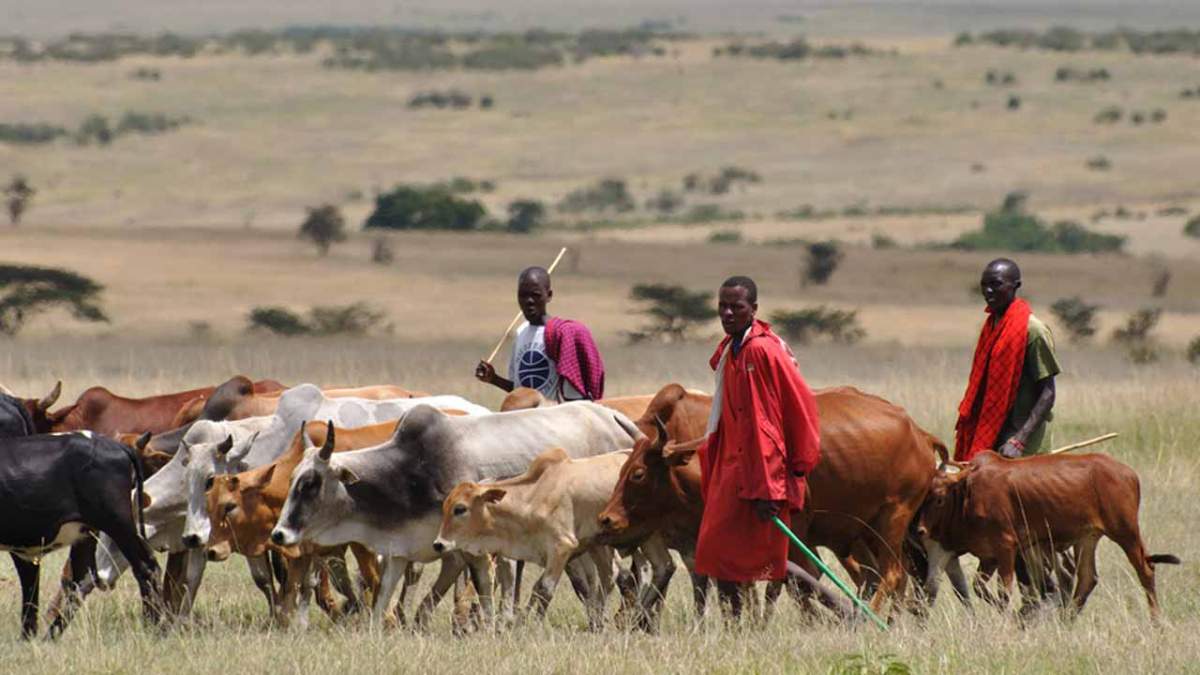Cattle herding in the last few years have generated very grave national security concerns. Sadly, the issue seems to have been reduced to “a Fulani” problem. Fulani is an ethnic group scattered across several parts of sub Saharan Africa, associated largely with cattle herding. Whether for the right or wrong reasons, Fulani herdsmen have generated more headlines in Ghana than many ethnic groupings in the past few years. Here are a few headlines: “Fulani herdsmen must leave” (citifmonline.com), “Three Fulani herdsmen killed in Afram Plains” (myjoyonline.com), “Fulani herdsmen are a security threat to Ghana- GHANEP” (myjoyonline.com).
Objectively, are these Fulani herdsmen culpable of all the accusations and claims in those publications? Well, I have no direct answer to this question, however, it is a fact that some farmers have lost their crops to the activities of some cattle herders. Some women have been victims of rape at the hands of some cattle herders. In fact some lives have been lost in worse cases involving some cattle herders. These and many others cannot be swept under the carpet ordinarily.
The issue of Fulani herdsmen has often been raised disproportionately if not out of context. In fact a good number of reportage on this issue had been exaggerated usually with media sensationalism. In Ghana, there is a believe that every herdsman regardless of ethnicity is a Fulani; every herd of cattle is owned by a Fulani; every Fulani is dangerous if not a murderer, then a rapist. In reality, are these scenarios truthful?
As an animal scientist and a vet technician, I have a keen interest in media reportage concerning this subject. I have often done my own research with colleagues in the affected areas and usually, the reportage turns out to be exaggerated. I have also sat in several fora/symposia that sought to examine this very subject and my conclusion is that, the issue of Fulani herdsmen in Ghana is a systemic flaw and every Ghanaian must share in the blame. For instance, what is the livestock policy of our nation? Have we any at all? Is there any regulation governing livestock production in our country? Are we ready to offer the needed support to the relevant stakeholders or professionals to find a solution to our livestock feeding challenges? In developed economies, there are comprehensive livestock policies including grazing policies. Every farmer is registered and there is adequate provision for specialists/professionals to support farmers. The state through this generate jobs and revenue for national development. These are what we’ve not been able to do as a nation.
It is sad to note that our approach to solving this herders issue has largely been ad-hoc. The dry season is coming soon, and we will see yet another influx of cattle from very dry areas to relatively wet areas, and we will begin to throw our hands in despair again. A good number of the cattle herds we see around are owned by Ghanaians, but taken care of by herdsmen- majority of them Fulani. Even the nomad Fulanis from beyond our boarders often seek the blessings of some traditional leaders and landlords at a fee or compensation allegedly. As a state, we cannot absolve ourselves from being the problem. The potential of the cattle industry in the creation of jobs, stabilisation of our currency and bridging the nutritional deficit of our people is quite extensive, thus we need to look at it dispassionately.
Abdul Razak Mohammed Raji
Mandela Washington Fellow
2017 Cohort.


